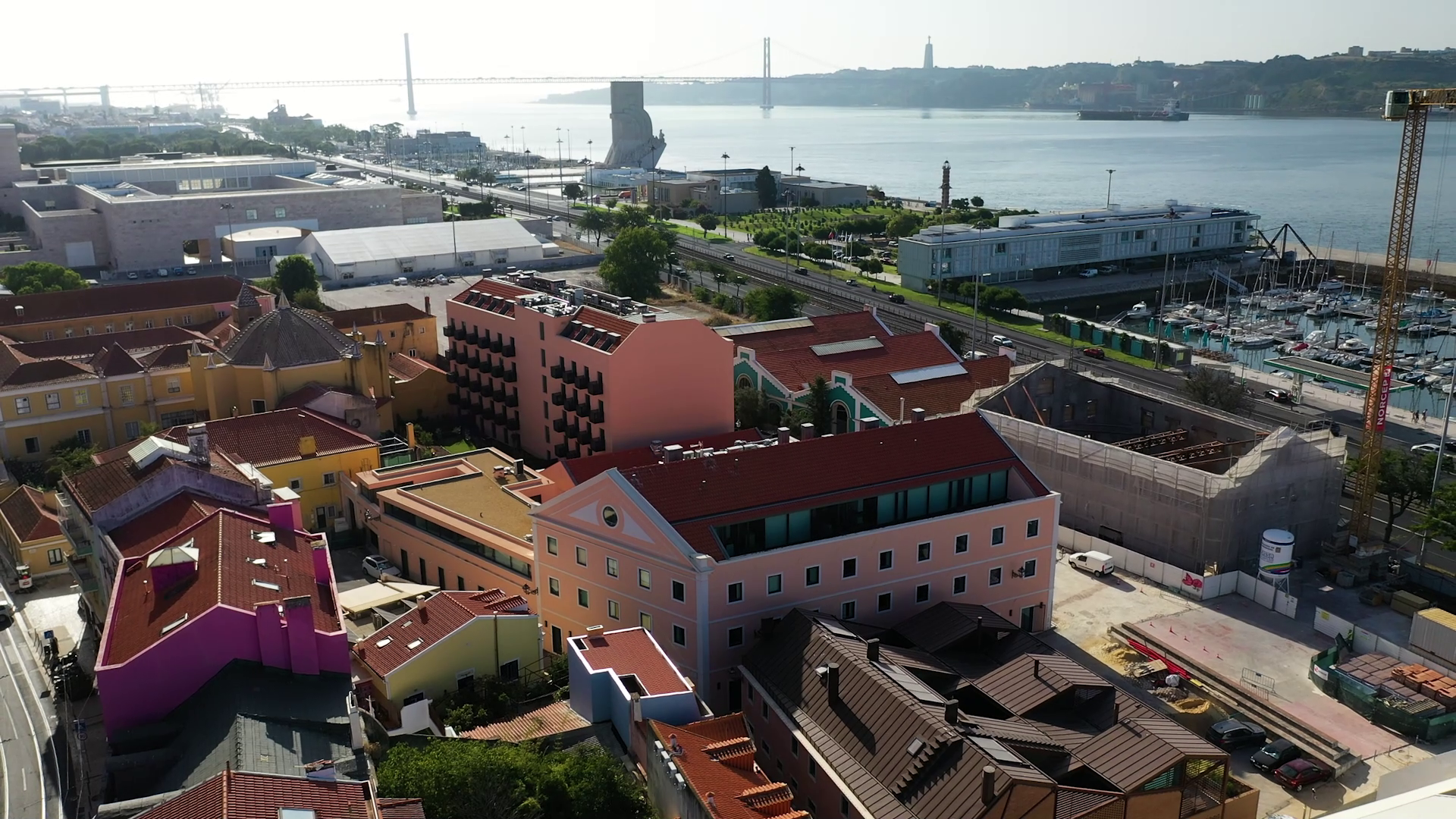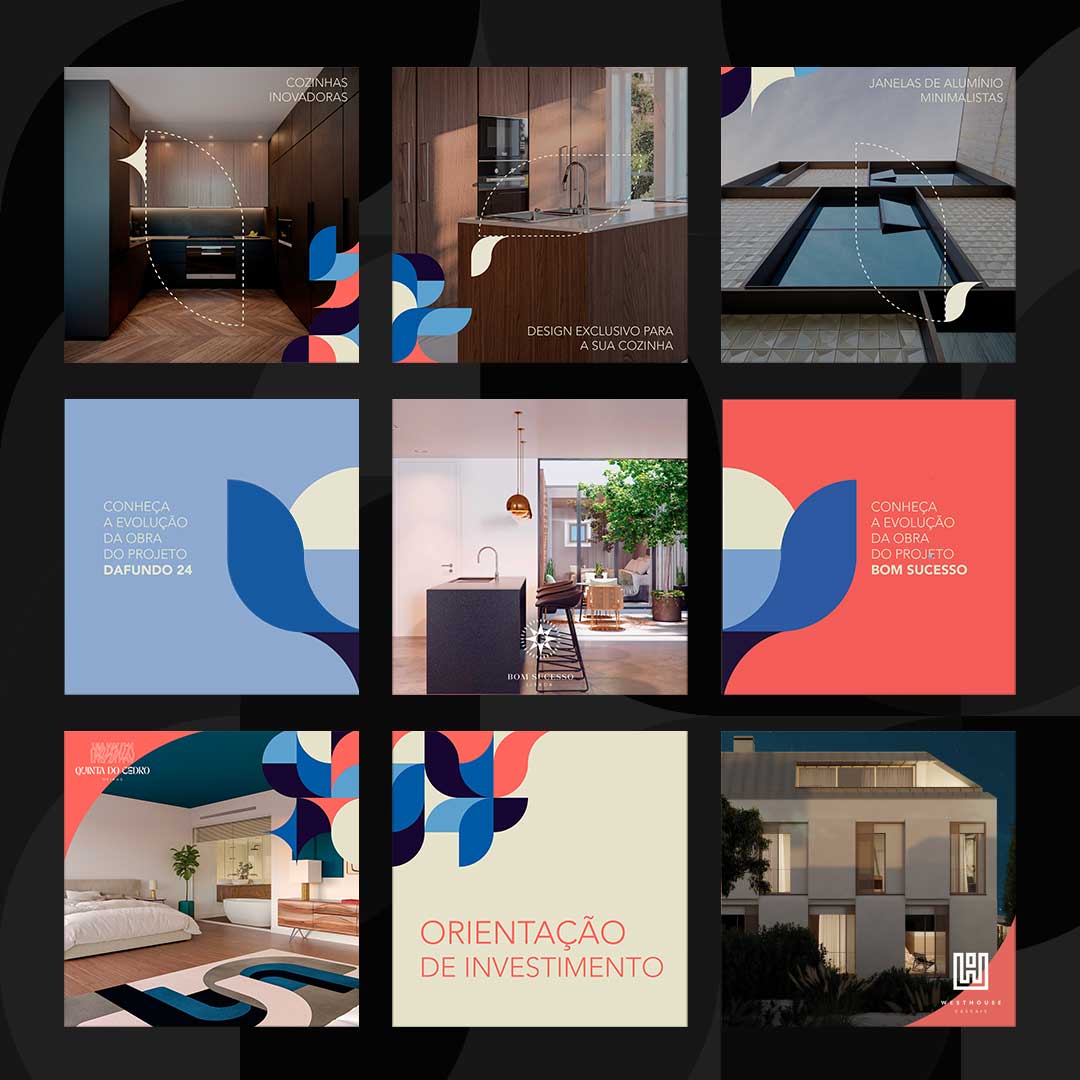
Investors increasingly value sustainable operations, and real estate companies must consider integrating a sustainability strategy into their overall business strategy. Those who fail to adapt to ESG demands may face restrictions on accessing financing and miss out on growth opportunities.
In an era where sustainability and corporate responsibility have become priorities, the real estate sector is adapting to a more demanding operational context, driven by both local regulations and global trends.
Regulatory pressure from the European Union is increasing, requiring the integration of environmental, social, and governance factors into investment decisions and operational practices.
The ESG strategy falls within the scope of the Sustainable Finance Disclosure Regulation (SFDR) and the Corporate Sustainability Due Diligence (CSDD) and Corporate Sustainability Reporting Directive (CSRD) of the European Union, simultaneously observing measures provided in current regulations such as the Green Taxonomy and the Climate Base Law, aiming to promote transparency and sustainability in economic activities.
This legal framework not only shapes construction and real estate promotion practices but also influences financing and investment policies.
Key references that may influence bank policies related to sustainability and ESG in the context of loans to real estate development companies in Portugal include:
- European Union (EU) Legislation: Various regulations and guidelines related to sustainability and corporate responsibility in the EU may affect bank policies in Portugal in the real estate context. (Example: the Regulation on Sustainability Disclosures in the Financial Services Sectors (SFDR))
- Equator Principles: The Equator Principles, which provide guidelines on how to assess and manage environmental and social risks in financing projects, may be applicable to real estate projects.
- Certifications for sustainable construction and others: Banks may consider certifications for sustainable constructions, such as LEED (Leadership in Energy and Environmental Design), BREEAM (Building Research Establishment Environmental Assessment Method), or the Energy and Environmental Certification of Buildings (SCE), when evaluating real estate projects for loans. Additionally, ISO 14001 for environmental management and ISO 26000 for corporate social responsibility are also considered.
- Disclosure requirements and reporting: Banks may request information on ESG impacts as well as mitigation plans throughout the project lifecycle.
- Community integration: Companies' relationships with their stakeholders are increasingly valued. This includes engagement with the local community, dialogue with interest groups, and being accountable to stakeholders.
- Corporate Social Responsibility (CSR) practices: These include workplace diversity, business ethics, and community engagement. Companies committed to CSR enhance their reputation and attract talent and investors.
- Bank of Portugal Guidelines: The Bank of Portugal may locally establish guidelines and regulations related to financial sustainability and responsible practices.
Companies demonstrating a clear commitment to sustainability are more likely to receive favorable financing. This is a trend that is here to stay, with increasingly stringent criteria, regardless of the motivations or pressures affecting various companies.
At Vogue Homes, we have long been developing projects with this vision and awareness. We want to leave a positive mark on the country and the world, not only by creating of high-quality houses but also in our respect for nature. It's an obvious path that involves all our partners and suppliers, from the architecture to the choice of all materials. The result leaves us satisfied, but always attentive to what we should and can do better.



